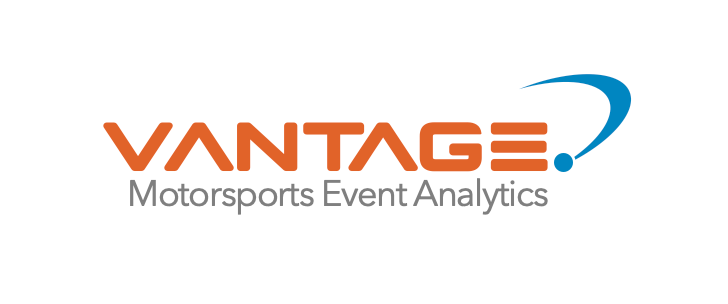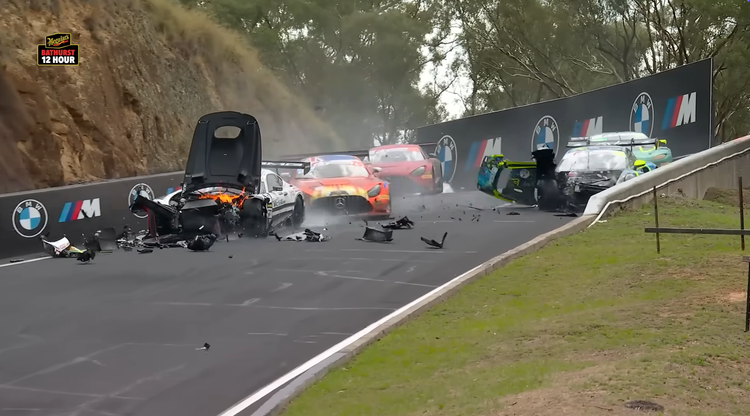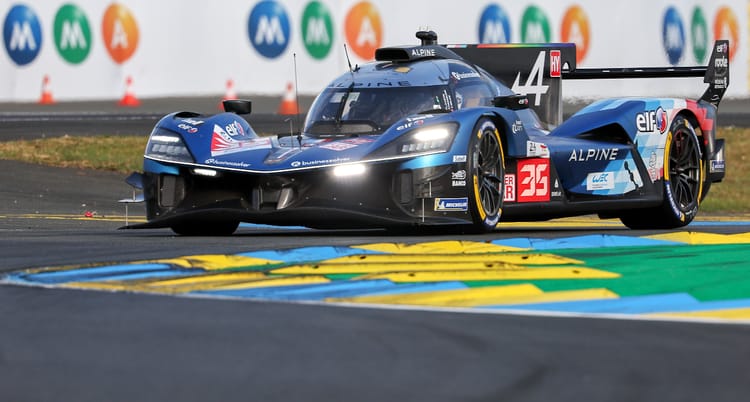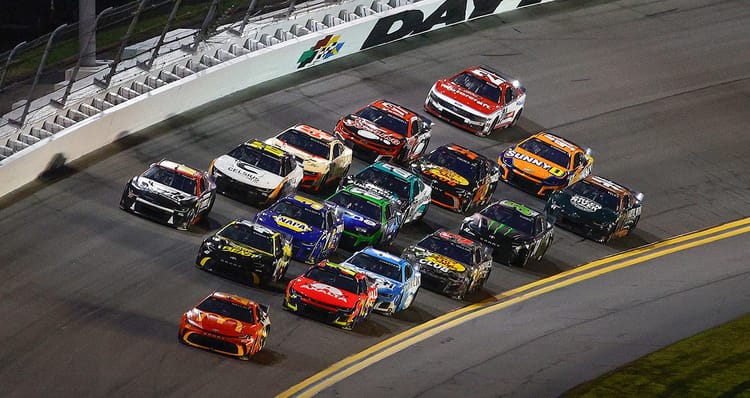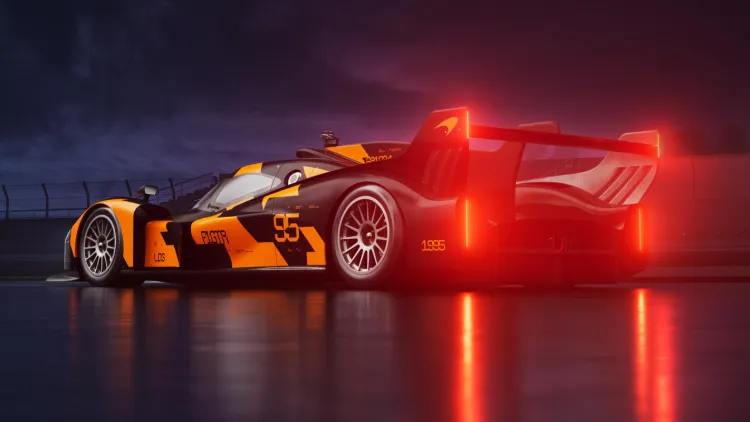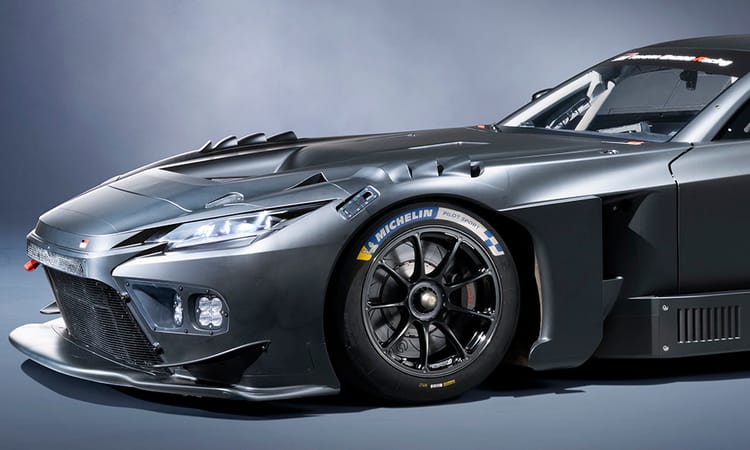Africa’s F1 Grand Prix Bids: $3B Race to Bring Formula 1 Back by 2027
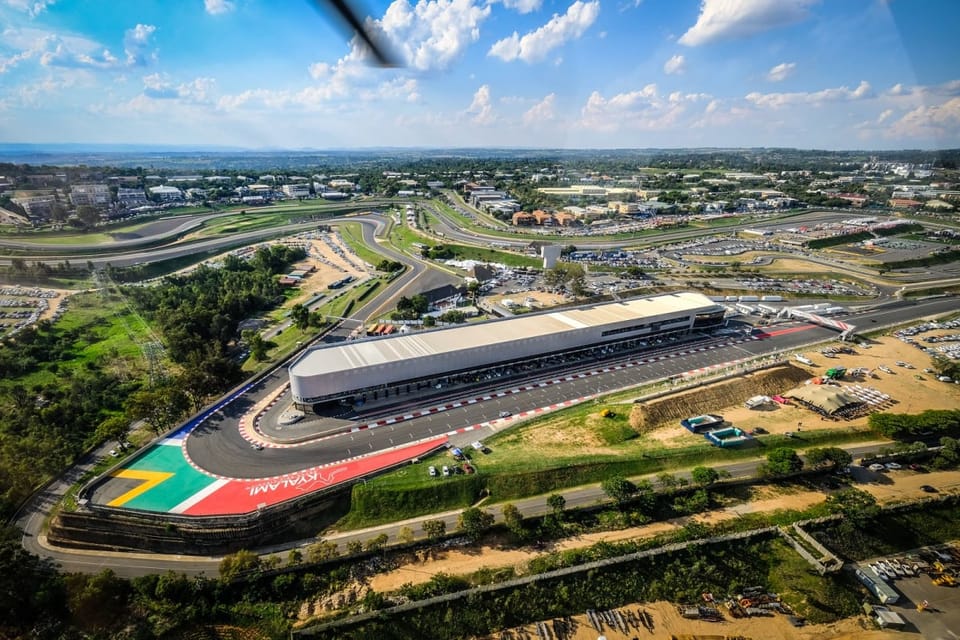
Africa last hosted a Formula 1 Grand Prix in 1993 at South Africa's Kyalami circuit. Rwanda, Morocco, South Africa, and Nigeria now lead aggressive bids to end this 32-year drought. These rival initiatives target Formula 1's calendar evolution beyond 2026 into high-growth markets.
Nations advance multi-billion-dollar plans amid Formula One Management's diversification push. Rwanda eyes a Bugesera mega-circuit, Morocco a Tangier tourism hub, South Africa Kyalami upgrades, and Nigeria an Abuja innovation complex. Organizers tackle funding, geopolitics, and FIA Grade 1 homologation to claim coveted slots.
Analytics platforms evaluate bid viability through infrastructure modeling, logistics scoring, and revenue forecasting. Data simulates tourism multipliers and sponsorship yields across proposals. Precision tools spotlight frontrunners amid intensifying continental rivalry.
This report unpacks how rival $1B+ projects revolutionize infrastructure development, while spotlighting revenue models from private syndication and visitor booms. Data confirms these bids propel F1's African penetration by 2027. Stakeholders seize analytics-driven edges to dominate.
"$1.2 billion megaproject for a state-of-the-art F1 circuit near Bugesera International Airport." (Forbes, October 2025)
How Does Rival $1B+ Projects Revolutionize Infrastructure Development in Africa’s F1 Bids?
Rwanda spearheads with a $1.2 billion Bugesera circuit, engineered by ex-F1 driver Alexander Wurz's firm to full FIA Grade 1 specs. Proximity to the international airport streamlines global logistics for teams and fans. This reveals bold sub-Saharan ambitions backed by presidential decree.
Morocco counters via a $1.2 billion Tangier complex, fusing track, marina, hotels, and theme park just 20 kilometers from the city. Private players lock $800 million upfront, with Tanger Med port ensuring rapid freight. Data confirms unmatched European adjacency accelerates bid momentum.
"$1.2 billion for motorsport and tourism complex near Tangier, expected to create around 10,000 jobs." (Forbes, October 2025)
South Africa streamlines via $5-10 million Kyalami revamps, leveraging legacy infrastructure sans greenfield risks. Cabinet greenlights private execution to hit 2027 readiness. This approach sidesteps ballooning costs plaguing new builds.
Nigeria disrupts as wildcard, pitching Abuja's hybrid venue with STEM academies and karting pipelines. Opus Race Promotions drives feasibility amid October bid submission. Competition hones all proposals toward hybrid utility.
Predictive models score logistics paramount: Tangier's port edges rivals by 20 percent on import speeds, Bugesera dominates scalability. Renewables integration meets F1's 2030 net-zero mandate across boards. Rivalry sharpens timelines to calendar deadlines.
Teams secure fixed paddocks, slashing 15-20 percent setup overheads in packed 24-race slates. Organizers embed AR overlays for immersive hybrid spectacles. Circuits evolve into perennial economic engines.
Spillover upgrades highways, hospitality, and airports, amplifying GDP ripples. Morocco's marina sustains post-race viability year-round. Africa catapults from motorsport void to vanguard hub.
These projects ignite renaissance, forging F1's newest frontier through executed scale. Stakeholders track compounded synergies as venues lure feeder series like MotoGP. Global calendars expand via Africa's proven infrastructure surge.
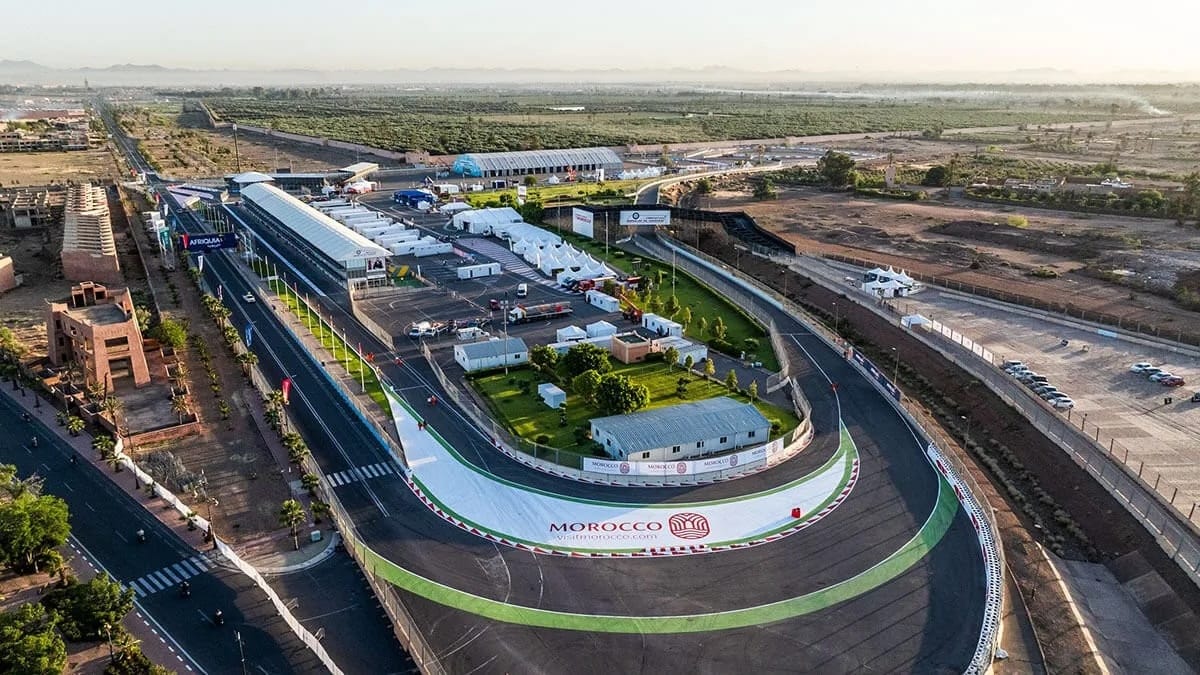
What Revenue Models Emerge from Africa’s F1 Grand Prix Bids?
South Africa innovates private syndication, negotiating six firms for three-year hosting commitments. Minister McKenzie targets corporates hungry for prestige branding. This taxpayer-free model reallocates risks to high-ROI seekers.
"Six firms asked to pledge a total of $100 million to help fund the races for three years." (Bloomberg, October 2025)
Tourism forecasts echo Miami's $500 million blueprint, projecting 400,000-500,000 inflows per event. Rwanda scales from $620 million baseline for outsized leaps. Broadcasts piercing 400 million viewers supercharge intangible yields.
Sponsorship ladders beckon non-endemics via Africa's 1.4 billion youth surge. Morocco's entertainment fusion spikes 70 percent occupancy premiums off-season. Data unveils tiered activations from overlays to experiential zones.
Hospitality morphs into curated immersives, channeling TV sparks to premium spends. Analytics price 1.5 billion social impressions at multimillion premiums per weekend. Organizers harvest granular data for perpetual monetization.
Rotation frameworks—Kyalami, Bugesera, Tangier, Abuja—stave off saturation while locking decade-long pacts. FOM revenue splits incentivize escalating incentives like bonus sessions. Bids intensify to secure rotations.
Esports, merch, and licensing tap Gen Z veins, with Nigeria's academies seeding local supply chains. Crossovers with E1 series broaden non-core appeal. Ecosystems achieve autonomy beyond launch.
FOM favors ironclad economics, as CEO Domenicali signals. Forecasts peg $300-500 million GDP injections per Grand Prix. Viability solidifies by 2027 through matured hybrids.
Bids crystallize layered streams from gates to globals. Stakeholders wield simulators for precision entry. F1's African boom materializes as markets align.
So What?
For motorsports stakeholders including teams, sponsors, and organizers, Africa’s F1 bids' $1.2 billion Rwanda Bugesera megaproject, $1.2 billion Morocco Tangier complex creating 10,000 jobs, $100 million South Africa three-year private pledges, and $5-10 million Kyalami upgrades deliver tangible benefits by fast-tracking Grade 1 readiness and tourism explosions akin to Miami's $500 million, enabling ROI via syndication hybrids, 400,000-visitor booms, and non-endemic deals hitting 400 million viewers; stakeholders must score logistics for 20 percent savings, lock rotations for sustained slots, ignite STEM pipelines for chains, and deploy AR hospitality modeling for 20-40 percent uplifts, commanding F1's African vanguard.
Ultimately, subscribing to Vantage Motorsports Event Analytics' free newsletter delivers ongoing, evidence-based guidance to navigate these dynamics, empowering proactive enhancements in F1 bid strategies to gain a competitive advantage in the sector.
#ProveYourVantage
Sources
- "How Africa’s Formula 1 Ambitions Are Fuelling A New Era Of Sports Investment," Forbes, October 2025, https://www.forbes.com/sites/sindiswamabunda/2025/10/27/how-africas-formula-1-ambitions-are-fuelling-a-new-era-of-sports-investment/
- "South Africa in Talks With Six Firms to Raise Funds for F1 Races, Bloomberg, October 2025," https://www.bloomberg.com/news/articles/2025-10-24/south-africa-in-talks-with-six-firms-to-raise-funds-for-f1-races
- "Morocco’s Formula 1 Bid Accelerates with $1.2 Billion Tangier Project, Morocco World News, May 2025," https://www.moroccoworldnews.com/2025/05/204086/moroccos-formula-1-bid-accelerates-with-1-2-billion-tangier-project/
- "Formula 1 Returns to Africa: Rwanda to Host Historic Grand Prix, The Voice of Africa, June 2025," https://thevoiceofafrica.com/2025/06/05/formula-1-returns-to-africa-rwanda-to-host-historic-grand-prix/
- "Nigeria bids to host F1 Grand Prix, Punch Newspapers, October 2025," https://punchng.com/nigeria-bids-to-host-f1-grand-prix/
Vantage. Motorsports Event Analytics levels the track for high-potential U.S. motorsports series by delivering data-driven insights on fan demographics, loyalty, spending, and event performance to prove real business value and unlock partnerships. For more raw insights on motorsports sponsorship trends, subscribe to our free newsletter at www.vantagepointmea.com. Unlock the data that drives wins.
